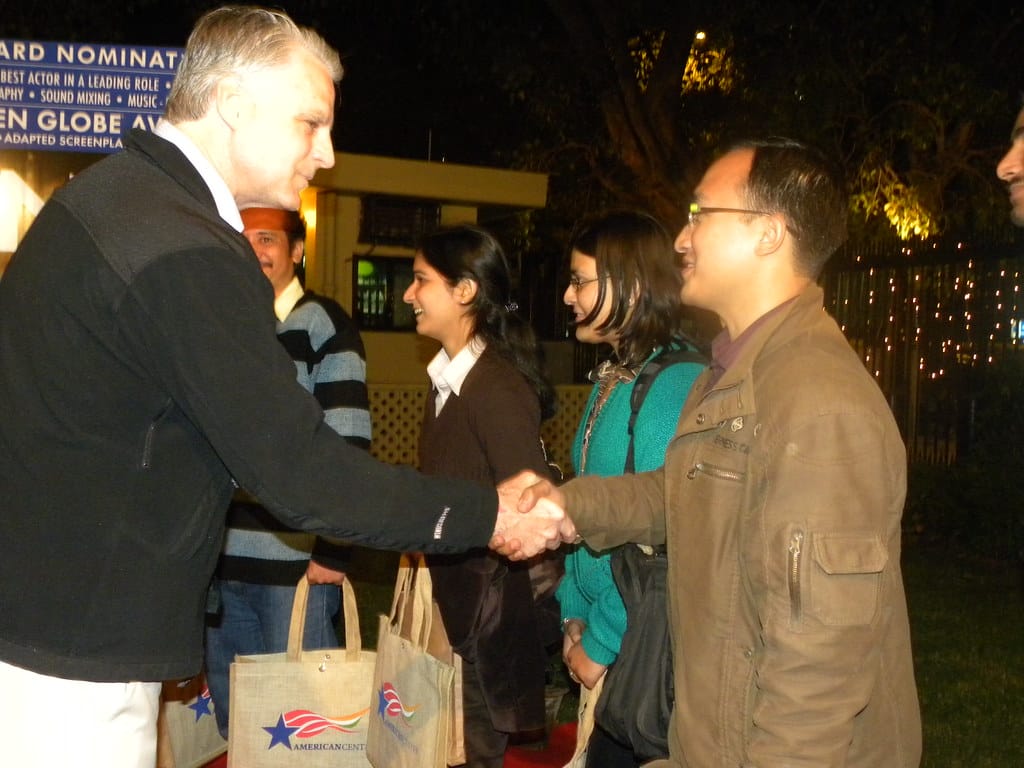Bay Area Restaurants Are Screening Your Instagram Before You Get a Table
Your carefully curated Instagram feed might be your ticket to that impossible reservation—or the reason you're eating takeout tonight. A growing number of Bay Area restaurants are quietly vetting potential diners through their social media profiles, fundamentally changing how we think about dining out in the digital age.
The New Digital Doorman
What started as a whispered rumor among San Francisco's dining elite has evolved into a systematic practice. High-end establishments from Napa Valley to Silicon Valley are employing staff to scroll through Instagram accounts, TikTok profiles, and Twitter feeds before confirming reservations. The goal? To curate not just their menu, but their entire dining room experience.
"We're looking for people who understand our brand and will represent us well," explains Maria Santos, a former hostess at a Michelin-starred restaurant in San Francisco's Mission District who requested her employer not be named. "It's about maintaining the atmosphere we've worked so hard to create."
This practice has accelerated dramatically since 2022, with industry insiders estimating that approximately 30% of upscale Bay Area restaurants now incorporate some form of social media screening into their reservation process.
The Algorithm of Appetite
The screening process typically begins when potential diners make reservations through platforms like Resy or OpenTable. Restaurant staff then search for the diner's social media presence using the name and phone number provided. What they're looking for varies by establishment, but common factors include:
- Follower count and engagement rates (higher numbers often mean priority seating)
- Content quality and aesthetic alignment with the restaurant's brand
- Previous dining posts and how the diner presents restaurant experiences
- Overall online persona and potential for creating "problematic" content
Some restaurants have developed sophisticated scoring systems, rating potential diners on metrics like "Instagram worthiness" and "viral potential." One leaked internal document from a prominent South Bay restaurant showed a point system where verified accounts received automatic bonuses, while accounts with controversial content triggered immediate red flags.
The Influencer Advantage
For content creators and influencers, this trend has created an unexpected dining hierarchy. Emma Chen, a food blogger with 50,000 Instagram followers, noticed the change immediately. "I used to wait weeks for reservations at popular spots. Now I get callbacks within hours, sometimes with complimentary appetizers or premium seating," she says.
This preferential treatment extends beyond traditional influencers. Tech executives with large LinkedIn followings, local celebrities, and even regular diners with aesthetically pleasing feeds report easier access to coveted tables. The practice has created what some critics call a "digital caste system" in Bay Area dining.
Privacy Concerns and Pushback
The trend has sparked significant controversy among diners and privacy advocates. Legal experts point out that while the practice isn't explicitly illegal, it raises questions about discrimination and privacy rights.
"Restaurants are essentially creating profiles of their customers without consent," says Dr. Jennifer Rodriguez, a digital privacy researcher at UC Berkeley. "This could easily lead to discrimination based on appearance, lifestyle choices, or political views expressed online."
Several Bay Area diners have reported being denied reservations after posting content critical of the restaurant industry or expressing political views. While restaurants deny these connections, the timing has raised eyebrows among consumer advocacy groups.
The Economics of Digital Vetting
From a business perspective, the practice appears to be paying off. Restaurants report increased social media engagement, more tagged posts, and higher-quality user-generated content. Some establishments have seen their Instagram mentions increase by 200% since implementing screening practices.
"Every table is now a potential marketing opportunity," explains restaurant consultant David Kim. "Why wouldn't you optimize for diners who are likely to create shareable content?"
The Future of Digital Dining
As this practice becomes more widespread, diners are adapting by curating their online presence specifically for restaurant approval. Social media consultants now offer "dining optimization" services, helping clients present themselves as ideal restaurant guests.
The trend represents a fundamental shift in the restaurant industry, where digital reputation has become as important as appetite. As Bay Area restaurants continue to push boundaries in both cuisine and customer selection, diners must navigate not just reservations, but the complex world of social media acceptability.
Whether this represents innovation or discrimination may depend on which side of the velvet rope—or smartphone screen—you find yourself.
